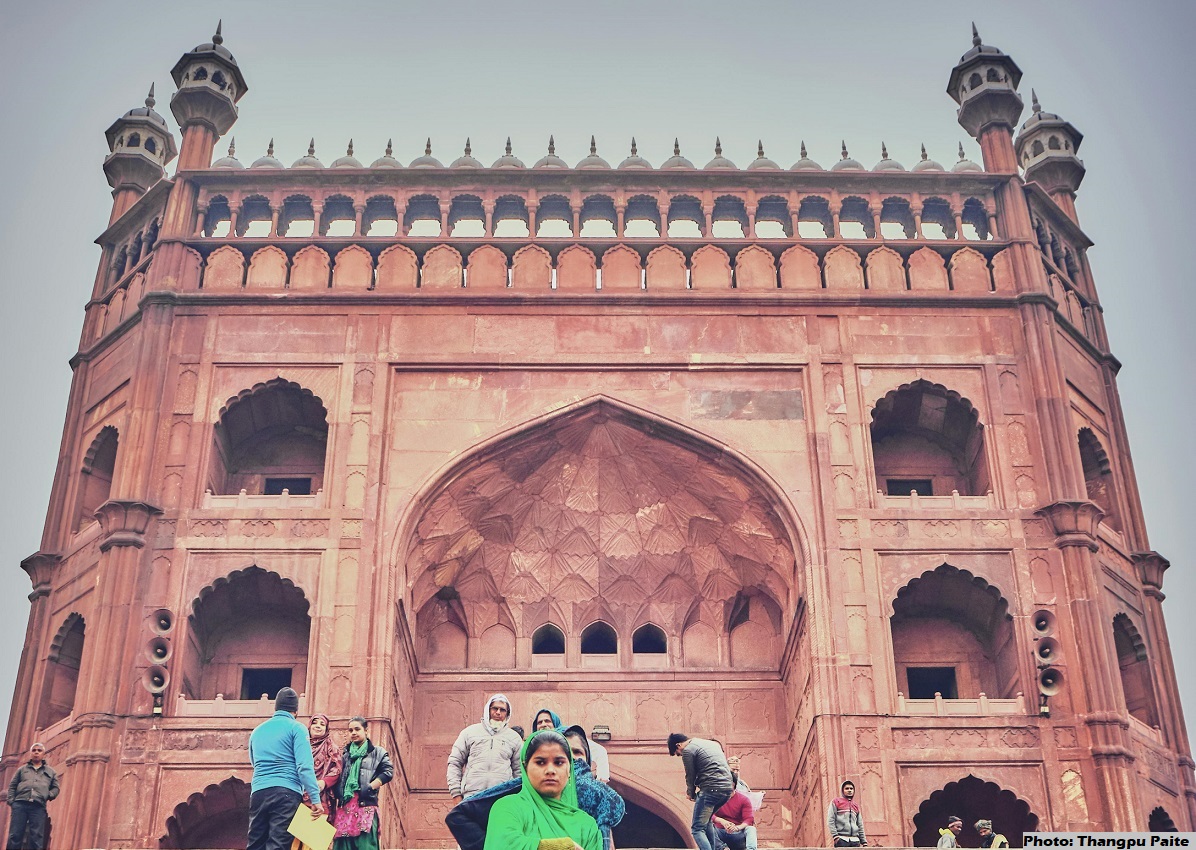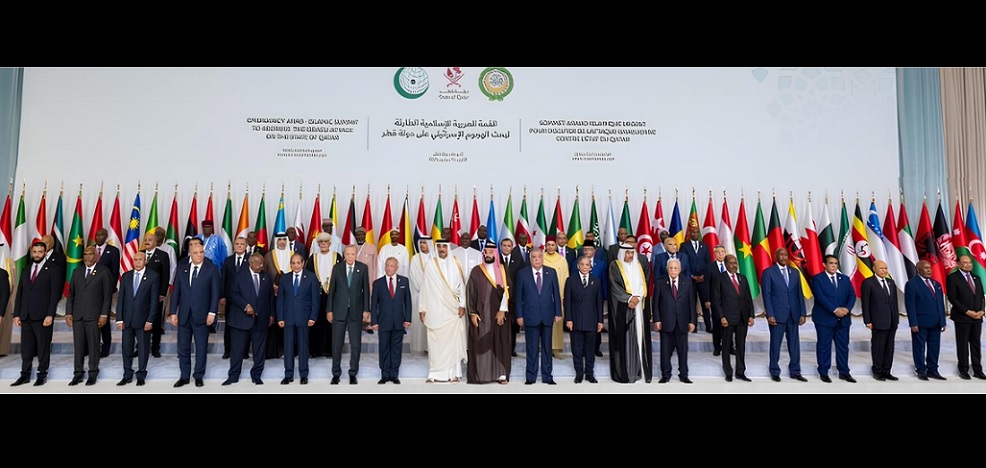Shamim Pradhan
www.asiantribune.net
The Union government’s decision to put all its weight behind the Waqf Amendment Bill and its effort to get it passed in the Parliament, has led to a heated debate in the country.
Though the BJP and its leaders term it as a ‘reform’ and a necessary step to improve the status of managing Waqf properties, the Muslim community doesn’t seem happy and feels that this affects its rights and that it is an attempt to encroach upon the rights of community. The feeling is that there is an eye on the land that belongs to it.
There are multiple aspects to this issue and the Muslim intelligentsia has expressed serious reservations about the manner in which this entire exercise has been conducted and the bill was pushed. The criticism is that this Act increases the control of government on the Waqf land. There are apprehensions that while politicians claim it is aimed at keeping a check on corruption and malpractices in Waqf Boards, it may instead lead to undue interference.
As the properties and the earnings are aimed at charitable causes, such a change could increase politicization of the Waqf Boards and more control over the properties. The land that belongs to Waqf is no ordinary land. It is a system that has the Islamic belief and principles at the root of it–people pledged their properties for community and its benefit,
for the orphans and the underprivileged, the widows and the poor. This is aimed at benefit and uplift of the community.
But, is it fair that representatives who don’t understand the faith and the principles of Islam, and belong to other religion(s), get entry as members of the Waqf Board? This can pose serious risk to the properties. If intervention in community’s institutions goes up, it is worrying because religious minorities’ rights must not be infringed upon. If such a process continues, it can affect independence of other institutions too.
In a country as diverse as India, the Waqf properties are not just for religious purposes. They provide education, health services, social welfare, give scholarships and pensions, as per the will of the person who gave this land, citing his aim that he wanted its benefit to reach widows and orphans or in the field of education and learning or other forms of social uplift.
The more the intrusion, the more could be the affect on communities that avail less benefits from state and are already marginalized. Yet another major worry is that there could be misuse and mismanagement. This is a huge risk because apart from centralization, institutions suffer much due to politicization.
It is quite possible that the managing bodies would become insensitive to the community, its needs and less guarded towards protection of these properties. The complexities that arise after interference is indifferent to local needs of community & could be ignored and the concerns, bypassed at state or town level.
Actually, the real solution is to strengthen the boards, make the functioning more transparent and give them clear and more responsibility. In the ongoing process and the hullabaloo over the Act, an important point that can’t be missed is that Muslims who will be affected due to it, were not properly consulted.
Muslim community has historically managed these lands. Yet, Islamic scholars, religious leaders, intellectuals, citizens were not consulted and the bill was passed. If the government intended to bring reform, then the community should have been taken into confidence, well in advance and deliberations should have taken place.
Apart from above mentioned points, it is also crystal clear that Indian constitution gives the right to the minorities to manage their institutions. Such changes that can affect the constitutional rights, are not at all in sync with the spirit of secularism and the values of this diverse nation. Starting with Muslims, such interventions can reach other communities too.
We all heard the chorus that the real intent is to improve management of properties, but it seems to go against the spirit of minorities’ rights, independence of their institutions and the secular nature of state. It is not a step in the positive direction, rather, it appears a step backward.
[The author’s views as expressed in the opinion piece are his own. The image is for mere representational purpose. Courtesy Pexels]




